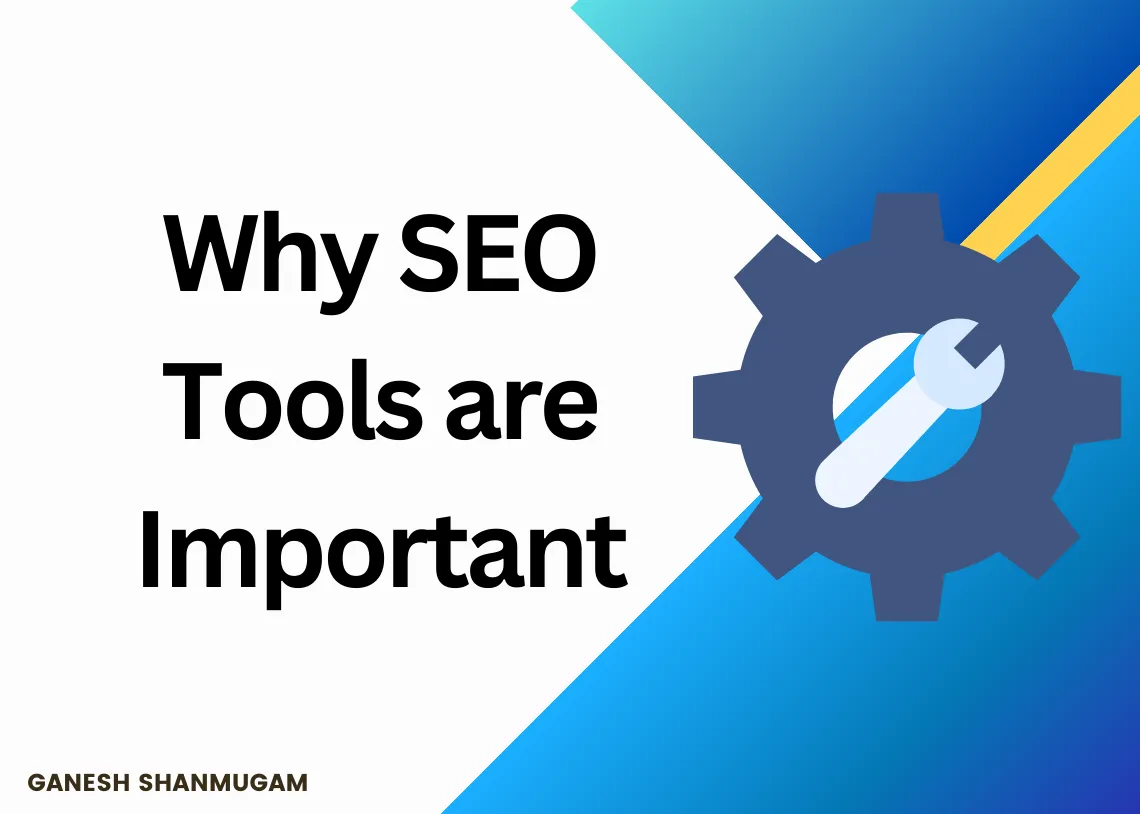In the digital age, a strong online presence is essential for businesses to thrive. Search Engine Optimization (SEO) tools are indispensable for achieving this goal. They provide valuable insights and data-driven strategies to enhance your website’s visibility, drive organic traffic, and ultimately boost your bottom line.
Table of Contents
ToggleWhy SEO tools are important

- Keyword Research: Uncover high-value keywords your target audience is searching for, enabling you to tailor your content and attract relevant traffic.
- Competitor Analysis: Gain a competitive edge by analyzing your rivals’ strategies, identifying their strengths and weaknesses, and discovering untapped opportunities.
- Technical SEO Audit: Identify and rectify technical issues that may hinder your website’s performance, such as broken links, slow page speed, and mobile incompatibility.
- Rank Tracking: Monitor your website’s position in search engine results pages (SERPs) for specific keywords, allowing you to gauge the effectiveness of your SEO efforts.
- Backlink Analysis: Assess the quantity and quality of backlinks pointing to your site, which are crucial for improving your website’s authority and search rankings.
- Content Optimization: Analyze your content’s relevance and readability, ensuring it aligns with search engine algorithms and user expectations.
- Local SEO: Optimize your online presence for local searches, helping potential customers find your business in their area.
- Reporting and Analytics: Track your SEO progress, measure key metrics, and generate detailed reports to assess the ROI of your SEO campaigns.
Types of SEO Tools
- All-in-one SEO Suites: Comprehensive platforms offering a wide range of features, suitable for businesses of all sizes. Examples include some AI SEO Tools SEMrush, Ahrefs, and Moz Pro.
- Keyword Research Tools: Specialized tools for in-depth keyword analysis and competitor research. Examples include Google Keyword Planner, Ubersuggest, and KeywordTool.io.
- Technical SEO Tools: Focus on identifying and resolving technical issues. Examples include Screaming Frog, DeepCrawl, and GTmetrix.
- Rank Tracking Tools: Monitor your keyword rankings and track your progress over time. Examples include SERPWatcher, AccuRanker, and ProRankTracker.
- Backlink Analysis Tools: Evaluate the strength and quality of your backlink profile. Examples include Majestic, Moz Link Explorer, and LinkResearchTools.
Choosing the Right SEO Tools
The best SEO tools for your business will depend on your specific needs, budget, and level of expertise. Consider factors such as the features offered, ease of use, pricing, and customer support before making a decision.
Conclusion
Investing in SEO tools is a wise decision for any business seeking to enhance its online visibility and attract organic traffic. By utilizing the right tools, you can gain valuable insights, optimize your website’s performance, and outrank your competitors in search engine results.




